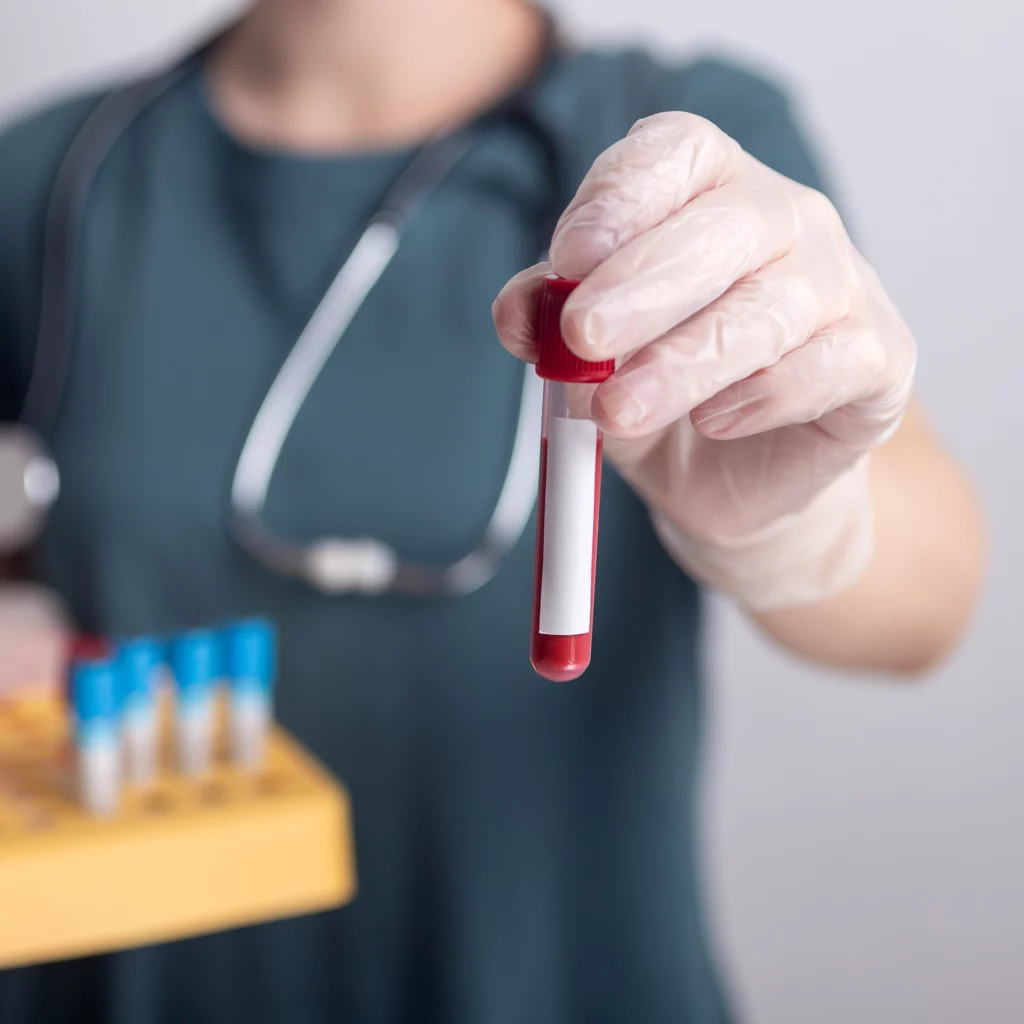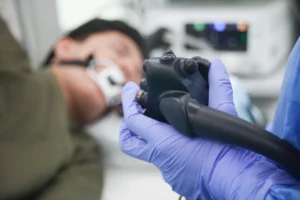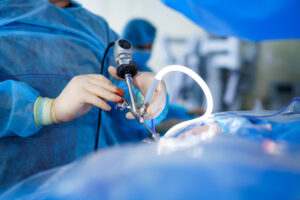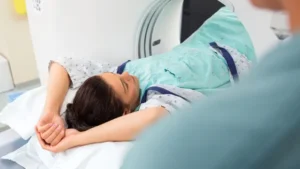Gastric cancer (or stomach cancer) is the 5th most common cancer and the 5th leading cause of cancer deaths worldwide. It’s especially common in parts of Asia. In countries like Japan and Korea, the risk of getting gastric cancer is about four times higher than in Singapore. Because of this, they have national screening programs that use gastroscopy or X-rays to detect cancer early—often starting at age 40. These programs have helped lower the number of deaths from stomach cancer.
In contrast, Singapore currently does not have a national screening program for gastric cancer. As a result, many people here are only diagnosed when the cancer is already advanced, making treatment more difficult and less effective.
Why Early Detection Matters
Catching gastric cancer early can save lives. Unfortunately, early-stage stomach cancer usually doesn’t cause symptoms, so many people don’t know they have it until it’s too late.
If detected early, the 5-year survival rate for early gastric cancer is over 90% and in some cases surgery can be avoided. Early diagnosis also means less aggressive treatment, lower costs, and shorter recovery time.
Traditional vs. Newer Screening Options
In Japan and Korea, screening is done through endoscopy or X-rays, but these can be uncomfortable, invasive, and expensive, so they may not be suitable for everyone.
Doctors sometimes check for certain blood markers (like AFP, CEA, and CA 19-9) or H. pylori infection—a bacteria linked to stomach cancer—but these tests are not very accurate on their own.
Now, there’s a new, less invasive blood test available in Singapore called GASTROClear, approved by the Health Sciences Authority (HSA).
What is GASTROClear?
GASTROClear is a simple blood test that helps doctors identify people at higher risk of gastric cancer, even if they don’t have symptoms.
It works by measuring the levels of microRNA—small molecules in your blood that help control how your genes work. Cancer cells produce different patterns of microRNA compared to healthy cells, so by studying these patterns, the test can pick up early signs of stomach cancer.
Compared to older blood tests, GASTROClear is at least 20% more accurate in detecting gastric cancer.
Who Should Consider GASTROClear?
This test is meant for men and women aged 40 and above who are at average risk but may have risk factors such as:
Medical History:
- Family members who had gastric cancer
- Past infection with Helicobacter pylori (H. pylori)
- Previous stomach lymphoma or polyps
- Long-term stomach inflammation (chronic gastritis)
Lifestyle Habits:
- Diet high in fried, smoked, pickled, or processed meats
- Diet low in fruits and vegetables
- Smoking
How Does GASTROClear Help?
- The test provides a risk score based on 12 microRNA markers in your blood.
- A higher score means you may be at higher risk and should go for a follow-up gastroscopy (camera scope test of the stomach) to check for cancer.
- It’s especially helpful for people who are hesitant about doing a gastroscopy right away.
- GASTROClear can detect all stages of gastric cancer with up to 86% sensitivity and 89% specificity—meaning it can correctly identify most people who do and don’t have the disease.
Important Notes
GASTROClear is not meant to replace gastroscopy. It is a supporting tool to help doctors decide who should go for further testing.
inar dapibus leo.
Only people who meet the criteria should take this test. If the result shows a high risk, your doctor will recommend a gastroscopy and possibly a biopsy to confirm the diagnosis.
In short, GASTROClear offers a convenient, non-invasive way to screen for gastric cancer early, especially for people who have risk factors but no symptoms. Talk to your doctor to see if this test is right for you.













